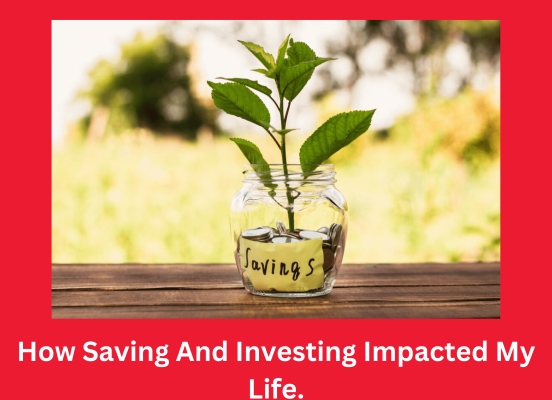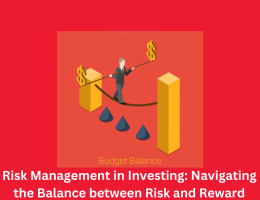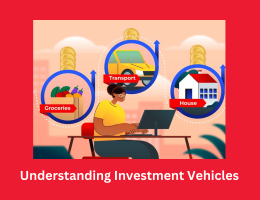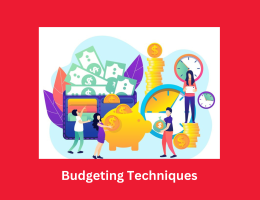
How Saving And Investing Impacted My Life.
- By admin --
- Monday, 29 Apr, 2024
Over the past 25 years, I have learned many lessons about personal finance. During this time, I have made mistakes, achieved successes, and had to make some difficult decisions.
He shares two of the biggest money habits that have changed my life.
1. Automate your savings
When I was in college, I got so frustrated with not earning interest on my savings that I ended up closing my savings account and moving the money into my checking account. For the next few years, all the money I earned went into checking accounts or investments.
Was that a wise strategy? Not completely. I lost money because I had a large balance in my checking account due to inflation. Money loses on average about 3% of its value each year due to rising prices.
At the end of 2020, I opened a high interest savings account with Ally Bank. When I set up my account, I set up an automatic transfer of $1,250 so that I would have some money every month no matter what happens in my life. A year and a half later, a few one-time transfers and he now has just over $37,000 in my savings account. During this time, I also earned over $100 in interest. Yes, that may not seem like a lot, but it's a lot more than the $0 you got when you had the money in your checking account.
Automating your savings means you need to focus your budget on saving. The monthly transfer of $1,250 was made at the beginning of each month, and it was my responsibility to make sure there were enough funds in my checking account to make the transfer. This automatic transfer prompted me to consider it as an "expense" along with my other bills. Treating savings as an expense made it less of a hassle for me and ultimately helped me save money consistently.
If you're looking to increase your savings, I can't stress enough how beneficial it is to automate your savings. Start small and be careful not to affect your overall budget. Then, gradually increase the amount over time. Not only will this help you grow your savings, but it's also a very effective way to build an emergency savings fund, making managing your money less stressful.
2. Start Investing
I started investing when I was in high school. Honestly, it may have been the best decision I ever made. My only regret is that I didn't have a strategy at the beginning and wasn't consistent.
My first investment was in a stock market index fund, an investment vehicle that tracks the performance of the entire stock market. My investment was $150.
Over the years, I've invested in companies like Starbucks, Amazon, Microsoft, and many others. Then, at age 24, after six years of investing, my portfolio reached $100,000.
Time is the most important factor when investing. The sooner you start, the longer it will take for your money to grow and grow. By getting into the habit of regularly investing in either a 401k, an employer-sponsored retirement account, or a personally managed account, I was able to slowly build my portfolio over time.
Tip: Before you start investing, create an emergency savings fund. Investing involves risk and you can lose money, so it's important to set aside money in case the value of your investment declines.





